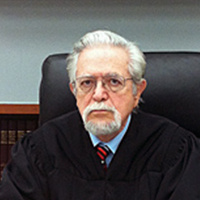 Oregon House Estate Lawyers, California
Oregon House Estate Lawyers, California
Sponsored Law Firm
-
 x
x

Click For More Info:
-
Law Offices Of Anthony Abbott
375 S. Rancho Santa Fe Rd. 105 San Marcos, CA 92078» view mapEstate Law Over 50 Years Of Experience
The Law Offices of Anthony Abbott has been working for the people in the great state of California for over 50 years.
800-497-8821
Lawyers
1-1 of 1 matches



 Anthony Abbott San Marcos, CA
Anthony Abbott San Marcos, CA